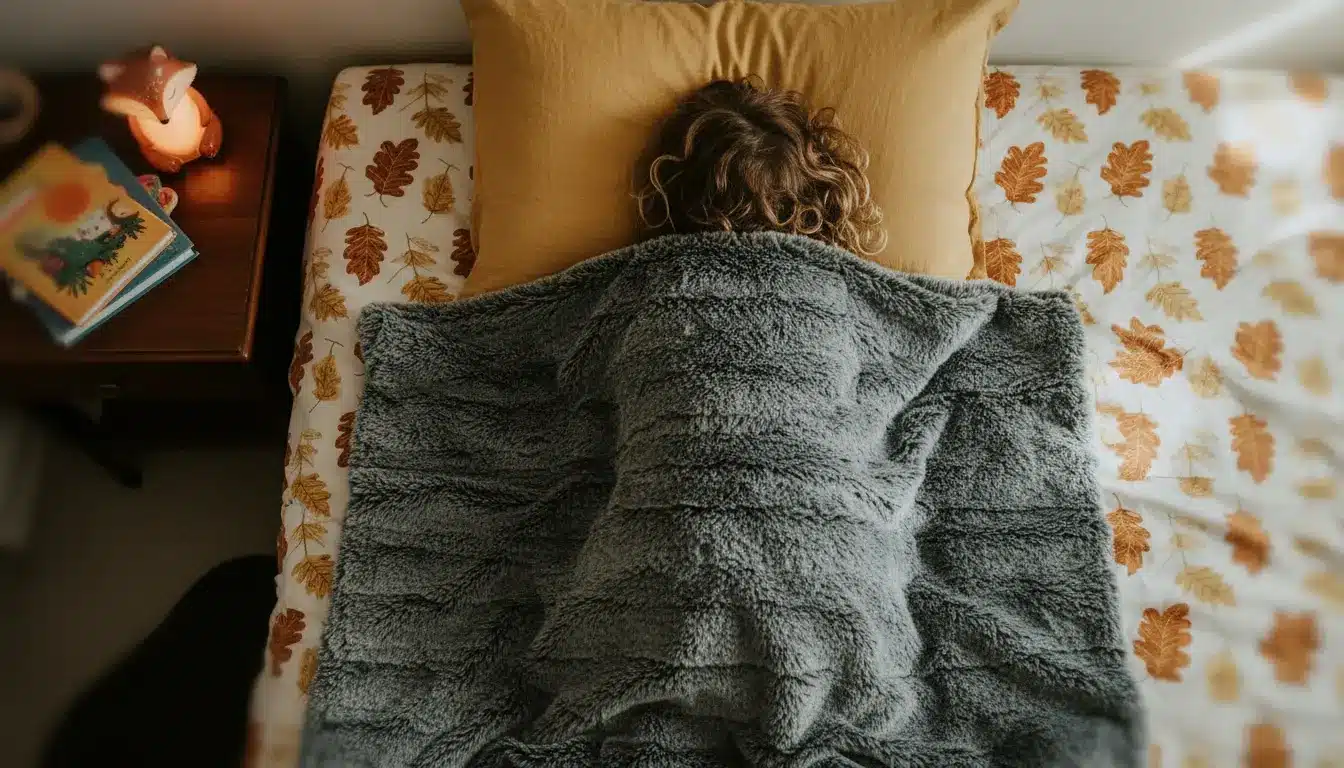Picture the classic real estate search: hopeful parents pacing through open houses, tape measures in hand, asking, ‘But is there a room for each of the kids?’ In many households, granting every child their own bedroom is at the top of the wish list. But where did this obsession come from, and is it really worth all the stress (and mortgage)? Let’s dive into what experts are saying about the ever-controversial topic of kids and bedroom real estate.
When and Why Did ‘A Bedroom for Every Child’ Become a Must?
This modern priority is rooted in nostalgia and skyrocketing housing prices, as The Atlantic points out. That reassuring dream of a house where everyone has their own walls (and, let’s admit, somewhere to banish their dirty laundry) is actually a relatively recent phenomenon. According to sociologist Annette Lareau, parents have gradually adopted the idea that every child having their own bedroom is a ‘normative ideal’—essentially, the parenting gold standard.
Decades ago, things looked quite different. The shift, Lareau notes, mirrors the gradual expansion of our living spaces and the increasing number of bedrooms available in our homes. The numbers back her up. Sociologist Michael J. Rosenfeld observed that, from 1960 to 2000, the average number of bedrooms per child in the U.S. rose from 0.7 to 1.1. Since then? According to real estate professor Arthur Acolin, that figure has held steady. In his research, Acolin found that over half of American families with children technically had enough bedrooms to assign each child their own, though not all families actually did it.
Still, the pressure is on. In 2022, a poll revealed that in households where siblings have to share a room, a whopping 70% of parents would like to change that situation. Clearly, the ‘bedroom per child’ model has become a major factor in how families hunt for homes.
The Allure vs. The Actual Benefits
The pitch is simple: more privacy, more personal space, more freedom—sounds like every parent’s mission statement, right? Not so fast. The Atlantic reports that, despite widespread belief, there’s no evidence from family life experts that having your own bedroom offers measurable benefits to children. The focus on individual rooms, some experts suggest, might say more about modern individualism than about kids’ actual needs.
So what really happens when kids share vs. don’t share?
- Sibling peace can be easier to manage when everyone gets their own kingdom. Children who don’t have to share are said to argue less, and there are cases where a big age gap makes separate rooms a good idea, if possible.
- Solitary rooms let children ‘create their own kingdom,’ psychologist Aaron Cooper explains. That’s not nothing—a sense of space and ownership is wonderful.
Yet, not all that glitters is golden. Experts stress that solo bedrooms can fuel a ‘spiral of loneliness’—a pattern that today’s society already encourages. Sharing a room, on the other hand, is a crash course in essential social skills. Think real-life lessons in
- sharing time,
- making compromises,
- cohabitating,
- negotiating the stereo volume—and perhaps the finer points of snoring diplomacy.
The joy of personal space is understandable, but too much can backfire, leading to adults who struggle to live with others—whether in a couple, with roommates, or otherwise. Experts suggest parents should decide what’s most important to offer their children. Private space has upsides, but raising kids who know how to live with others might be an even bigger asset.
Challenging the Standard: Communal Space or More Bedrooms?
Given all that, maybe it’s time for a reset. Do children truly need a room of their own, or would families be happier with larger shared spaces that invite togetherness and genuine connection? After all, a spacious living room for spontaneous pillow forts or a big kitchen table might create more cherished memories than four identical bedrooms ever could.
Many adults who didn’t have their own childhood bedrooms remember mixed feelings—sure, maybe there were squabbles or a longing for privacy. But, for the most part, their memories are overwhelmingly positive, filled with the richness of a shared childhood adventure.
Bottom Line: Rethink the Quest for Solo Bedrooms
Ultimately, the universal ‘own bedroom’ rule is looking more like a relic than a requirement. As tempting as the idea is, evidence suggests that sharing may teach kids lessons that no solo space can provide. Next time you’re drifting through an open house, ask yourself: more bedrooms, or more time together? You just might find a happier household isn’t measured in square meters, but in shared moments.

John is a curious mind who loves to write about diverse topics. Passionate about sharing his thoughts and perspectives, he enjoys sparking conversations and encouraging discovery. For him, every subject is an invitation to discuss and learn.






